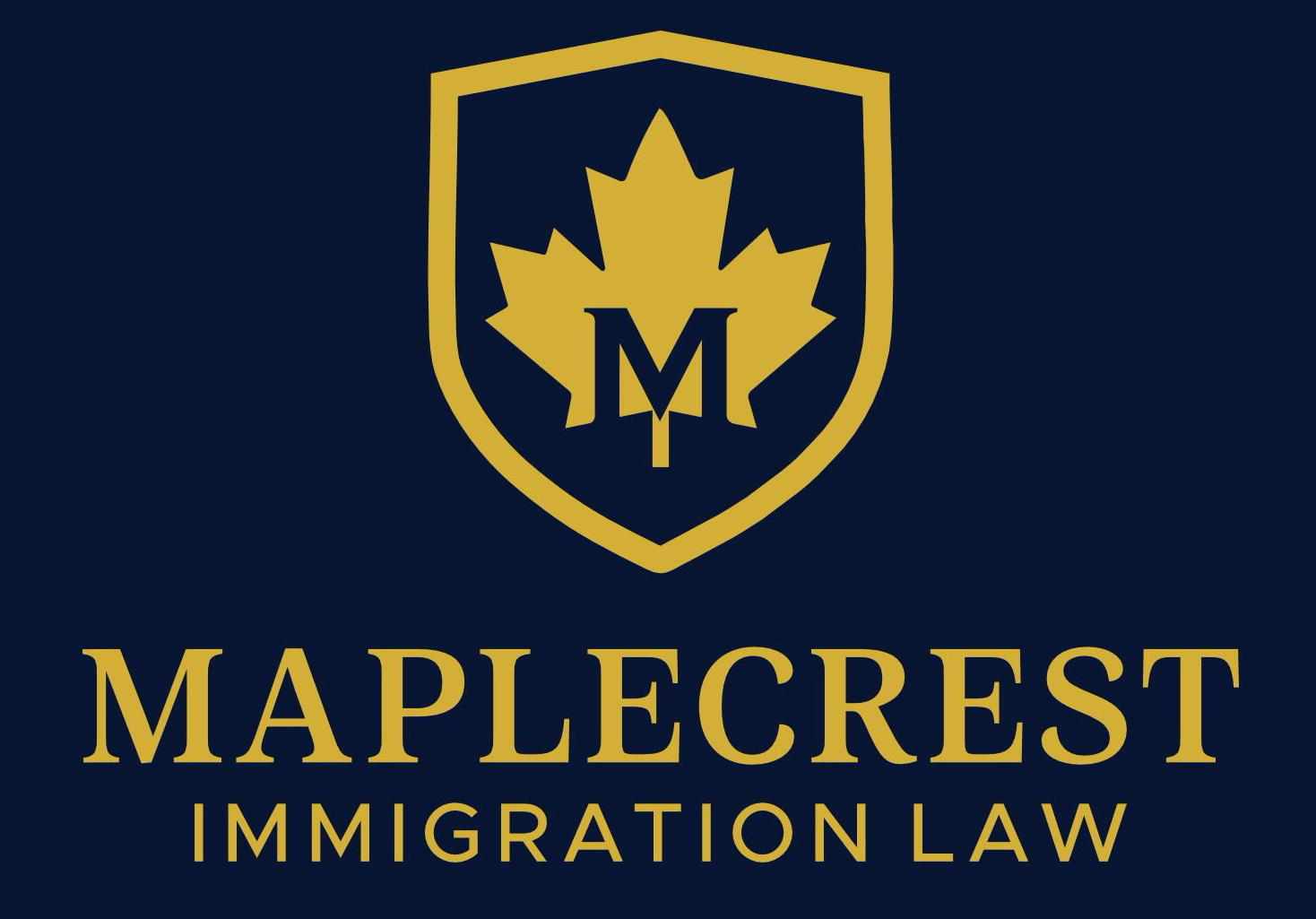Canada is reviewing major changes to its Express Entry immigration system. Immigration, Refugees and Citizenship Canada (IRCC) has launched a public consultation on three proposed occupational categories for 2026. If approved, these changes could make it easier for certain skilled professionals to qualify for Canadian permanent residence.
The proposed occupational categories include senior managers, scientists and researchers, and military personnel from allied countries. These new groups could be prioritized in future category-based selection draws under Express Entry. The consultation is open until September 3, 2025, and the final decision will follow a review of public and stakeholder feedback.
Proposed Occupational Categories for 2026
Senior Leadership and Executive Roles
IRCC is considering a new occupational category aimed at attracting senior managers. The department defines these professionals as highly skilled workers who oversee company or organizational operations and lead employee teams.
The government believes this category could deliver several benefits. Senior executives often bring unique perspectives that can drive digital transformation and improve productivity. Their leadership could help organizations achieve long-term growth targets while strengthening Canada’s competitiveness.
This change would align with the federal strategy of attracting professionals who can make immediate contributions to the Canadian economy. Positions in this category could include chief executives, operations directors, and other senior decision-makers.
Scientists and Research Professionals
Another proposed category targets researchers and scientists. IRCC highlights that research and innovation are critical to national economic growth and productivity. Prioritizing these professionals could strengthen Canada’s position in global scientific development and technology advancement.
While IRCC has not yet outlined which research fields will be included. The focus is expected to cover high-impact areas such as biotechnology, environmental sciences, renewable energy, and medical research. These sectors are crucial to Canada’s innovation strategy and long-term competitiveness.
Skilled Military Personnel
The third proposed occupational category focuses on experienced military personnel from allied countries. This initiative could help the Canadian Armed Forces address recruitment challenges and meet operational needs.
The category would prioritize highly trained recruits with skills in national security, engineering, logistics, and defense technology. IRCC sees this as a strategic measure to strengthen Canada’s defense capabilities while creating a pathway for skilled military professionals to transition into civilian or defense-related roles.
Carrying Over Current Categories into 2026
In addition to the new proposals, IRCC may keep some existing categories from 2025. These include occupational categories in sectors experiencing persistent labor shortages.
Francophone Immigration
Francophone immigration outside Quebec remains a federal priority. Canada’s Immigration Levels Plan targets French-speaking permanent residents at 8.5% in 2025, 9.5% in 2026, and 10% in 2027.
Retaining this category supports linguistic diversity and meets economic needs in Francophone communities. Candidates with French-language proficiency may continue to receive targeted invitations under Express Entry.
Sectors with Long-Term Labor Gaps
The federal government expects to keep prioritizing sectors with ongoing shortages, including:
-
Healthcare and social services – addressing hospital staffing gaps and senior care needs.
-
Skilled trades – covering construction occupations critical to Canada’s housing strategy.
-
Education – meeting demand for qualified teachers in public and private institutions.
-
STEM – boosting innovation and high-tech sector capacity.
-
Agriculture and agri-food – supporting food production and supply chain stability.
These sectors already have designated occupational categories under the 2025 Express Entry system.
Impact on International Students
Changes to occupational categories also affect Post-Graduation Work Permit (PGWP) eligibility. In 2024, Canada introduced field-of-study requirements to align international graduates with labor market needs.
Currently, 119 fields of study remain eligible for a PGWP, while 178 were removed earlier this year. Graduates from bachelor’s, master’s, and doctoral programs remain exempt from these restrictions.
If IRCC adjusts occupational categories in 2026, the list of eligible study programs could change. The next PGWP eligibility update is expected in early 2026.
Understanding Category-Based Selection
Category-based selection was launched in 2023 to target candidates with specific skills or language abilities. The categories are reviewed annually to respond to shifting labor demands.
In 2025, the categories include:
-
French-language proficiency
-
Healthcare and social services
-
Agriculture and agri-food
-
STEM occupations
-
Trades occupations
-
Education
Priority categories for this year are French-language proficiency, healthcare, trades, and education.
Category-based draws often have lower Comprehensive Ranking System (CRS) cut-offs compared to general draws. For example, a recent Canadian Experience Class draw had a CRS cut-off of 534. In contrast, the most recent healthcare category draw required only 475 points.
This gives eligible professionals in targeted categories a better chance of receiving an Invitation to Apply (ITA) for permanent residence.
What Stakeholders Are Saying
IRCC is seeking input from industry leaders, immigration consultants, and the public. Feedback will help determine whether to focus on candidates already in Canada or to expand overseas recruitment.
Sectors facing severe shortages argue for a balanced approach. Recruiting internationally can fill urgent gaps, while selecting candidates already in Canada can reduce integration challenges.
How the Process Works
The proposed occupational categories will be reviewed alongside existing priorities. IRCC will analyze labor market data, economic forecasts, and consultation responses before finalizing the 2026 list.
Once approved, category-based draws will be conducted alongside general Express Entry draws and program-specific rounds for the Canadian Experience Class and Provincial Nominee Program.
Candidates meeting the occupational criteria will have a competitive advantage, especially if their CRS scores are just below the usual cut-off for general draws.
Why These Changes Matter
The occupational categories system allows Canada to respond quickly to economic shifts. Adding senior managers, scientists, and military personnel would address both immediate and strategic national needs.
By focusing on leadership, innovation, and defense, IRCC can attract professionals who contribute beyond their individual roles, driving systemic improvements in Canadian society and industry.
Preparing to Apply
Professionals in these proposed categories should start preparing now. Key steps include:
-
Confirming eligibility under Express Entry programs.
-
Completing an Educational Credential Assessment (ECA).
-
Taking an approved language test such as IELTS or TEF Canada.
-
Gathering reference letters that detail job duties and achievements.
-
Staying updated on IRCC announcements through the Government of Canada website.
Early preparation ensures candidates can act quickly once the new categories take effect.
Final Thoughts
The potential addition of these occupational categories to Express Entry in 2026 reflects Canada’s focus on targeted economic growth. By attracting professionals in leadership, research, and defense, the country aims to strengthen its global competitiveness.
If you are in one of these professions, or in an existing priority sector, now is the time to position yourself for success.
Need Help?
Maple Crest Immigration Law can help you navigate Express Entry and ensure you meet the requirements for your occupational category. Our licensed consultants provide personalized guidance on documentation, CRS score improvement, and application submission.
Contact Maple Crest Immigration today to start your journey toward Canadian permanent residence.




